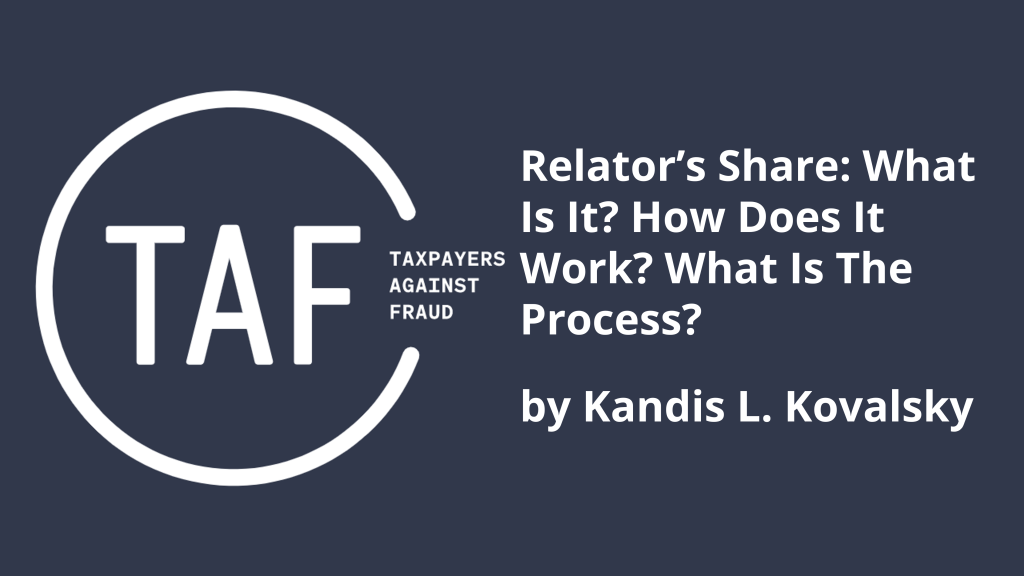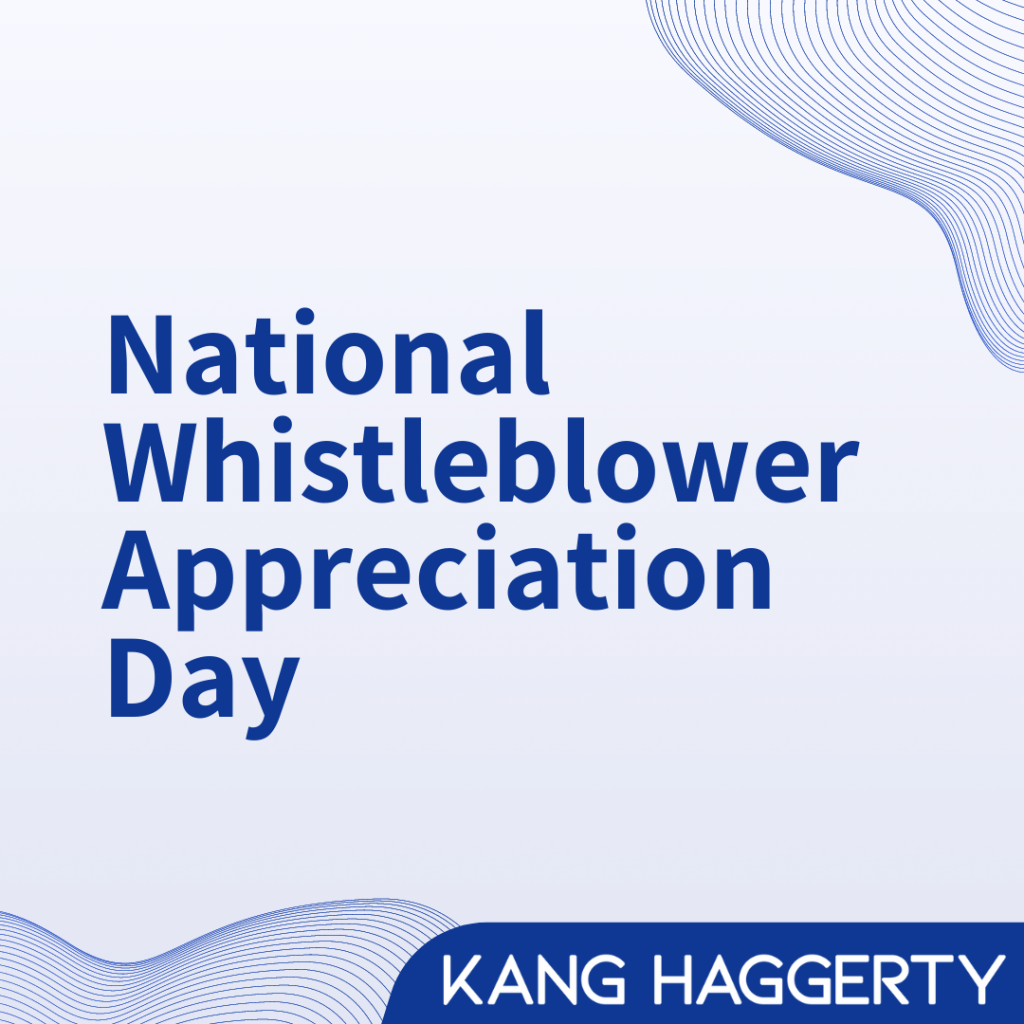In the October 13, 2022 edition of The Legal Intelligencer, Edward T. Kang wrote “The Great Pandemic Heist: Attorneys’ Role in Fighting PPP Loan Fraud”
In the COVID-19 era, there has been a heist of great value, but it has not gone undetected. Prosecutors have called the heist the largest fraud in U.S. history, with the thieves stealing hundreds of billions of dollars in taxpayer money through fraudulently obtained Paycheck Protection Program (PPP) loans.
The “good” thieves are able to abscond with tremendously valuable items while remaining undetected. They take care to cover their tracks, to make sure any witnesses are silenced, and to financially clean the ill-gotten goods as quickly as possible. In the COVID-19 era, there has been a heist of great value, but it has not gone undetected. Prosecutors have called the heist the largest fraud in U.S. history, with the thieves stealing hundreds of billions of dollars in taxpayer money through fraudulently obtained Paycheck Protection Program (PPP) loans. The thieves’ plan to line their pockets was fairly simple: steal the money that the government was doling out to help buoy the economy during the throes of the pandemic. They took advantage of the government’s urgent loan dispersal to those who required immediate help. But the thieves could not resist showing off their looted wealth. They began purchasing flashy and expensive Lamborghinis, beautiful beachfront houses, and spending large amounts in cash. The careless and reckless nature of the heist has proven to be its undoing, and now the U.S. government is coming to take back what was stolen—although they are not acting alone.
 In the October 2022 Edition of Taxpayers Against Fraud (TAF) Newsletter, Kandis Kovalsky wrote “Relator’s Share: What Is It? How Does It Work? What Is The Process?”
In the October 2022 Edition of Taxpayers Against Fraud (TAF) Newsletter, Kandis Kovalsky wrote “Relator’s Share: What Is It? How Does It Work? What Is The Process?” Kang Haggerty News
Kang Haggerty News


 Kang Haggerty is proud to honor all whistleblowers—past, present, and future—on
Kang Haggerty is proud to honor all whistleblowers—past, present, and future—on  Beyond the substantive legal matters at issue, one procedural aspect of the trial has also generated significant attention; namely, that the entire proceeding was livestreamed for the public. We discuss below the pros and cons of such coverage, the history of recording devices in courtrooms, as well as provide recommendations for balancing the countervailing concerns at issue.
Beyond the substantive legal matters at issue, one procedural aspect of the trial has also generated significant attention; namely, that the entire proceeding was livestreamed for the public. We discuss below the pros and cons of such coverage, the history of recording devices in courtrooms, as well as provide recommendations for balancing the countervailing concerns at issue.